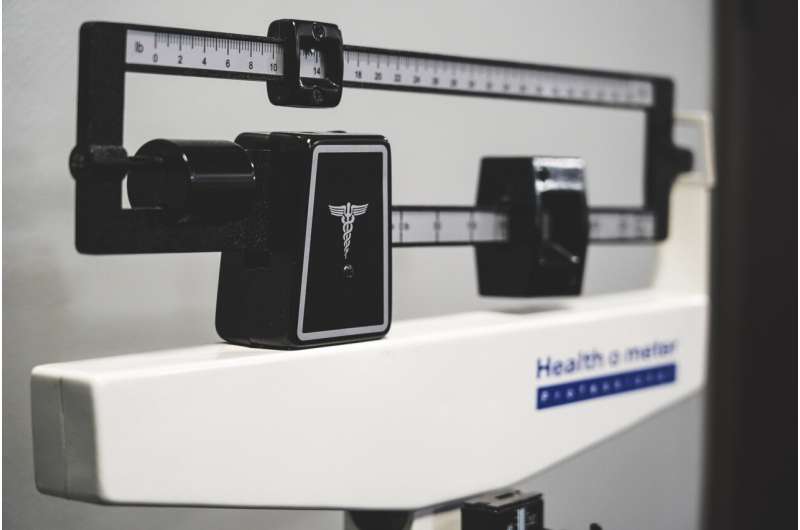Efficacy of Home-Based Hypertension Management in Rural South Africa

A groundbreaking study shows that home-based, technology-supported hypertension management significantly improves blood pressure control in rural South African communities, offering a scalable solution to bridge healthcare gaps.
Recent research presented at the ESC Congress 2025 and published in the New England Journal of Medicine highlights the promising impact of home-based hypertension care in rural South Africa. Hypertension, a leading risk factor for stroke and cardiovascular diseases in South Africa, remains poorly controlled despite the availability of affordable treatments. Barriers such as lack of patient confidence, overcrowded clinics, long waiting times, and transportation costs hinder effective management.
The IMPACT-BP trial, conducted at the Africa Health Research Institute in KwaZulu-Natal, investigated whether technology-supported home interventions could improve blood pressure control. The trial recruited 774 adults with uncontrolled hypertension, defined by systolic BP >140 mmHg and/or diastolic BP >90 mmHg, with participants randomized into three groups:
- Standard clinic-based hypertension management.
- Home-based BP self-monitoring assisted by community health workers, who performed home visits for data collection and medication delivery, with remote nurse-led care supported by a mobile app.
- An enhanced community health worker group using cellular technology to transmit BP readings automatically to a mobile application.
The study's primary measure was the change in systolic blood pressure over six months. Results showed significant reductions in systolic BP in both home-based groups compared to standard care. The community health worker group saw an average decrease of 7.9 mmHg, while the enhanced group experienced an even greater reduction of 9.1 mmHg. Hypertension control rates improved from 57.6% with usual care to over 80% with home-based interventions. Notably, these gains persisted at the 12-month mark.
Importantly, the intervention groups maintained high retention rates (>95%) and reported positive experiences with self-managing their condition. Severe adverse events and deaths were rare and similar across all groups, indicating safety.
Experts emphasized that shifting chronic disease management from the clinic to the patient's home can significantly improve outcomes, especially in underserved communities. The success of this model demonstrates that equitable healthcare access and effective hypertension control are achievable in resource-limited rural settings. Future efforts may expand such programs to include management of multiple conditions and address additional structural barriers.
This study underscores the potential for innovative, patient-centered approaches to tackle hypertension and reduce cardiovascular risk in disadvantaged, remote communities.
Source: https://medicalxpress.com/news/2025-09-home-based-hypertension-effective-rural.html
Stay Updated with Mia's Feed
Get the latest health & wellness insights delivered straight to your inbox.
Related Articles
Nepal's Health Insurance Initiative: Challenges and Early Outcomes
A recent study evaluates Nepal's National Health Insurance Program, revealing challenges like low enrollment and administrative issues, while highlighting its potential to improve healthcare utilization with systemic improvements.
Discovery of Specialized Lung Cells Accelerates Repair After Smoke and Virus Exposure in Mice
Scientists have identified rare lung neuroendocrine cells that trigger rapid repair after exposure to smoke and viruses, with potential implications for respiratory health and metabolic disease prevention.
New Program Supports Women with Obesity Planning Pregnancy
Northwestern Medicine's PEARL program offers personalized preconception care for women with obesity, focusing on healthy lifestyle management to improve pregnancy outcomes and maternal health.
Innovative 4D Optical Method Maps Airway Wall Elasticity During Bronchoscopy
A breakthrough 4D optical coherence tomography technique enables rapid, detailed mapping of airway wall elasticity during bronchoscopy, enhancing respiratory diagnostics and treatment planning.



